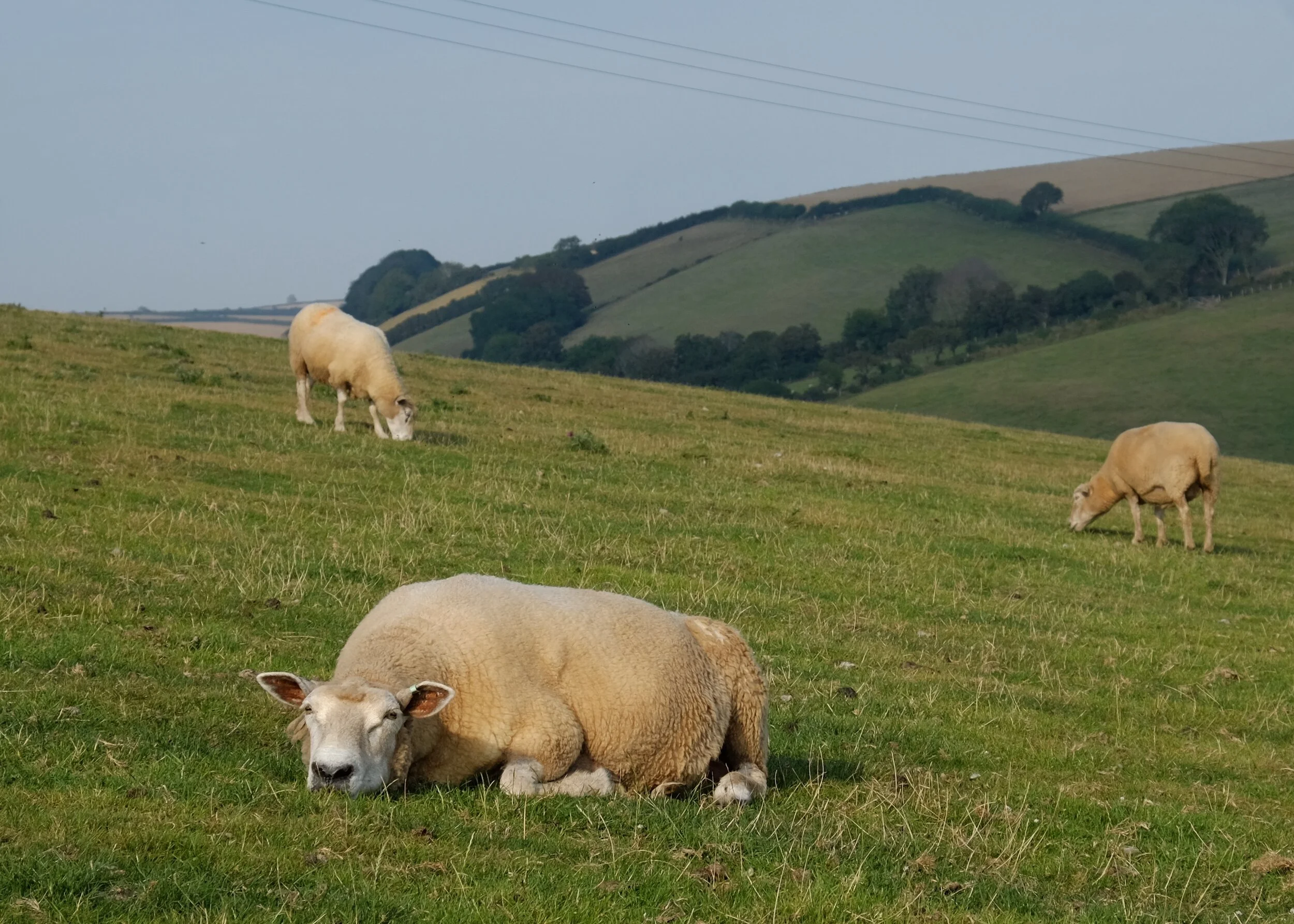This is a wry but honest series of observations on the peculiarities of human behaviour that sometimes distract us from the true path of offering good advice to other writers. Frankly, there are as many opinions of how to do this properly as there are members of my group, but this is my take.
Delivering a good critique is not all about nailing all the defects in a piece of writing. Everyone is different, and how person on the end of the critique will receive this information should determine the way it is delivered. So, as well as being experts at communicating ideas to on the page, we need to use emotional intelligence to determine the best way to deliver the critique to someone we probably know well.
There are all too human quirks that we all possess to some degree that need some attenuation to deliver a good critique. Most of these are traits that I have observed in myself, both in giving and receiving critiques. It is useful to identify the tell-tale signs in terms of their outward manifestation so that we can identify these tendencies in ourselves as we slide over the rim of the fiery pit of self-indulgence!Receiving the critique is like having red-hot coals inserted into your brain. Receiving a critique is nonetheless a good thing. How can this be? The trick is to listen to what’s being said, establish exactly what the critiquer is saying, then move on. This is easier said than done. I’ve observed mature and well-adjusted people either close to tears or wailing in despair (mostly me) during this process, so it’s important to remember what it’s all for.
No matter how perfect we think our story is, it’s quite likely that unless we’re God’s-Gift to the literary world, there will be many issues that need attention. The aim is for a group of writers, used to searching for errors in their work, to do the same with our own work. If they are doing their job properly, they will find a lot of areas of concern. There are two reasons for this: we will have become overfamiliar with our own work, and also because their strengths and weaknesses will be different to ours. This applies equally to published writers and those of us still toiling in the foothills.
Critiquing in a writers’ group follows two principle pathways: a considered written review and a discussion face to face. However, both methodologies are susceptible to being handled badly by the unprepared critiquer and critiquee. The individual being critiqued needs to be aware of the potential pitfall of not being receptive to criticism, in which case all the hard work of the rest of the group will have been in vain. Equally important though is the need for those delivering the critique to fulfil the primary objective of this process: to assist with improving the work of the recipient. What can interfere with this process?
Let’s deal with the most obvious and overarching problem: to forget that the objective is to help the recipient. The job is not to merely find fault, but to pick out the areas that need attention, and present them in a way that will help the writer to improve. Bombarding the writer with a blizzard of petty faults will not help this process; they’ll just switch off and move on to the next issue. Far better to pick out one or two glaring examples. This principle applies to writing defects large and small, but you’re wasting your time by flagging them all up without supplying underpinning evidence.
But this is not about what, specifically, these individual faults might be…
All common sense, you might say, but if we drill deeper, what areas get in the way of following this simple principle? The answer is, unsurprisingly, human nature.
When we start to review another person’s work, one emotion we experience is relief. It is our opportunity to remind ourselves that others in the group are human after all. If not properly checked, this relief can give way to overconfidence: the conviction that surely this evidence of fallibility must be the result of one’s superior writing skills. The horses are then in danger of bolting in the direction of showcasing one’s own skills, rather than gently guiding the perhaps fragile ego of the recipient in the right direction! Rather like the Roman Emperors of glory past, we need to have a slave standing on the footplate of our chariots whispering in our ears to remind us that we are merely human.
Character clashes can get in the way of delivering an objective critique. There seems to be no such thing as a generic writing personality: we are as diverse as the society we occupy. As a result, we might enter into the process with a preconceived notion of the kind of faults we are looking for and our comments can be coloured by our view of the individual. This also works in reverse, of course, and we might be susceptible to judging a friends work more favourably. Whilst this is common practice in the book endorsement world, we should try to hold ourselves above such pettiness. We are not helping our friends by giving a ringing endorsement to a book that everyone else judges as flawed. Furthermore, that friend will not be able to trust you to deliver an objective view on later critiques.
Some purists, be they of grammar, history, logical consistency, or setting out on the page, become overheated in the process of reviewing a piece of work. We are usually out of our comfort-zone, not only in terms of writing style, but also of genre. As a result, quite naturally, the process of hacking though unrelenting pages that we are not necessarily enjoying, generate a tension. If we then encounter one or more problems in the course of reviewing the work, our language can become more emotive and more combative.
Closely related, and perhaps linked to the above, is the critique that’s been completed with a side order of beer/whisky/Merlot: name your brew. The symptoms are similar to the foregoing and can slide further towards hyperbole as the evening progresses. Yes, I do like a drink now and again!
These problems can be easily be remedied once we acknowledge they can potentially exist. We have an obligation to do the best job we can for the others in the writing group. As someone said to me recently, it is a high complement just for someone to want to read your work, whatever the basis. The simple solution to all these problems is to reread and edit before sending.
None of this relieves the recipient of the responsibility of intelligently interpreting the critique, no matter how painful the process. Very few people will undertake a critique with the intention of doing anything other than giving good and helpful advice.
As a worst-case scenario, I have read, though not personally experienced, instances of what I call the nil-sum reviewer. Such people populate the internet, especially online review sites and chat-rooms. I have heard stories about such a person in a writing group saying to another “Well if you managed to get that published, then we’re all in with a chance”. The objective here was denigrate others work in order to elevate his or her own. The giveaway here is when the reviewer leads with a value laden judgement of the piece, clearly designed to have an emotional impact rather than something to help the recipient.
Each member of the group will learn from the experience of critiquing. The process of spotting problems within a piece of writing serves to consolidate our existing understanding of writing techniques, as well as affording the opportunity to learn a few new tricks in the area where the subject writer excels. Critiquing work is therefore as much a part of the normal writing day as much as any other work production.
The vital final stage of submitting a critique is to re-read, especially the inline comments, on a later occasion. Have I been heavy handed in communicating that point? Am I needlessly using emotive language in putting that point across? Do the comments I’ve made represent my overall view of the MS – is the criticism proportionate? It only takes a few extra minutes to carry out this check. Overriding all of this is the consideration that you are helping the subject of the review, not airing your own knowledge or trying to identify every single error. To forget this simple principle risks doing more harm than good.
Good writing is not undertaken fearfully. The imagination of good writer is uninhibited and the ideas will flow directly onto the page unencumbered by self-doubt or the fear of harsh criticism. The overall objective of a writer’s critique is to improve the quality of the subjects writing by offering constructive advice. Clearly, the critique has to be honest, even if that means delivering unexpectedly bad news. But the tone and method of that message is key to the difference between a good and a bad critique.
Oliver Randle
7 May 2019
* (as painlessly as possible without losing the message)








